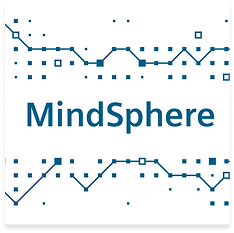Explore how artificial intelligence is transforming grid efficiency, predictive maintenance, energy trading, and more.
Reducing downtime through ML-based fault detection.
Algorithms optimizing real-time buying/selling.
Load forecasting & demand response using AI.
GE uses machine learning models to analyze turbine sensor data in real time. This results in reduced unplanned downtime and optimizes fuel usage across its wind fleet.
Their AI-powered energy management software helps microgrids automatically balance load and storage, especially in remote or decentralized grids.
ReNew deploys AI-based analytics to monitor and predict failures in wind and solar farms, improving asset lifespan and cutting O&M costs.

CTO – TCS Energy AI Division
“We’ve moved from predictive maintenance to prescriptive energy flows. AI is rewriting utility economics.”

Lead Data Scientist – Hitachi Energy
“Our transformers now self-diagnose and adjust—thanks to edge AI. It’s not the future. It’s now.”

VP of Analytics – Schneider Electric
“The carbon impact of AI depends on the data strategy. It’s not just about algorithms—it’s about architecture.”

Train and deploy machine learning models at scale with Amazon’s cloud-native ML platform.

Operational AI layer enabling data integration, analysis, and decision-making across the energy lifecycle.

Unified ML platform for building, training, and deploying ML models using Google Cloud.

AI-driven energy management software to optimize grid flexibility, DERs, and load forecasting.

Industrial IoT platform connecting devices to AI analytics for smarter operations and real-time optimization.
The Ministry of Power collaborates with TCS to develop AI models predicting energy demand surges.
A recent pilot by ReNew Power used predictive AI to optimize grid load and reduce wastage.
Delhi-based power distributor BSES rolls out AI-powered chat interface to handle 1M+ queries monthly.
Subscribe for monthly trend decks, visual data summaries, and campaign examples.
AI helps energy providers balance supply and demand more efficiently by predicting power usage patterns. It automates grid monitoring and can quickly respond to faults, making energy distribution more stable and cost-effective.
Yes. AI optimizes energy consumption, reduces waste, and supports smarter renewable integration. This leads to lower emissions by maximizing clean energy usage and reducing dependency on fossil fuels.
They need professionals skilled in data science, machine learning, and energy systems. Roles include AI engineers, data analysts, and domain experts who can align AI tools with energy operations.
support@energitechmedia.com